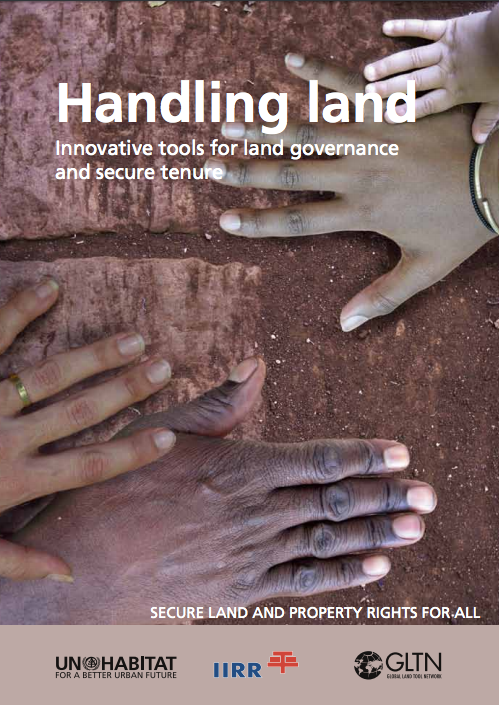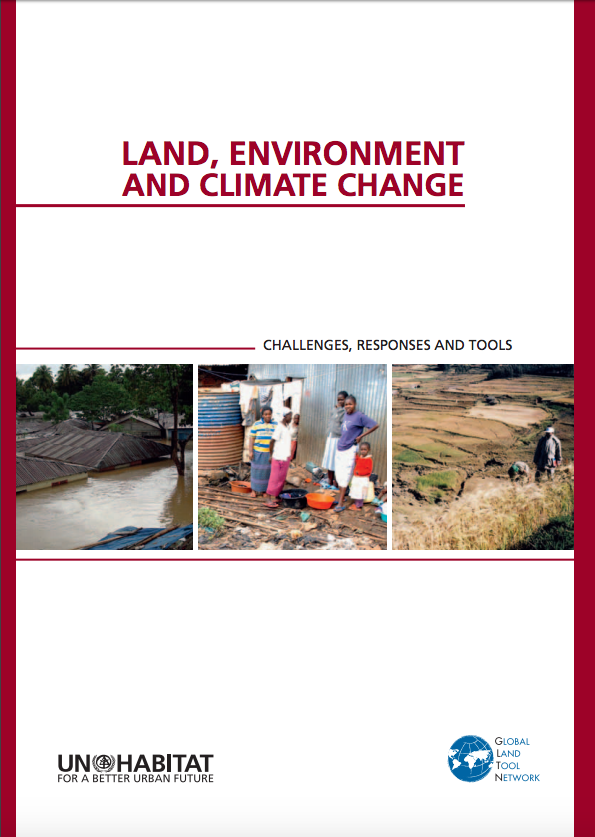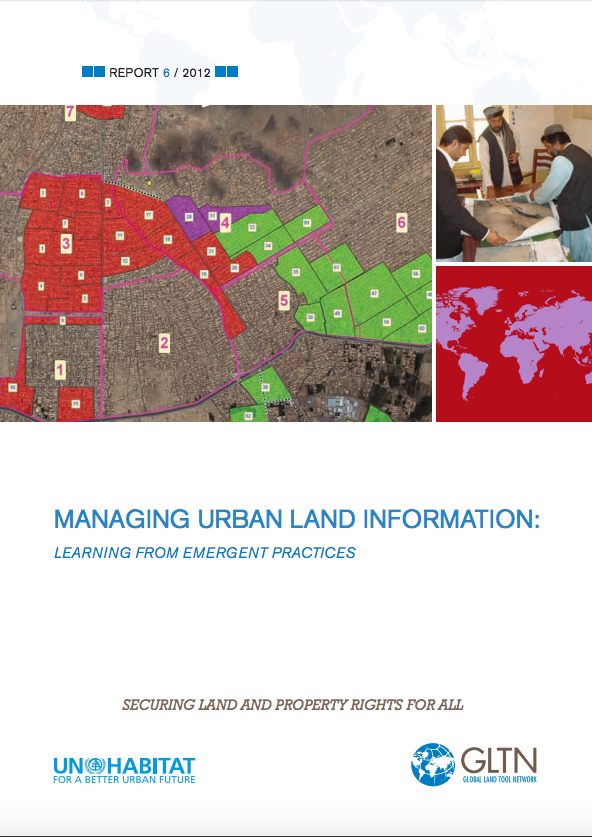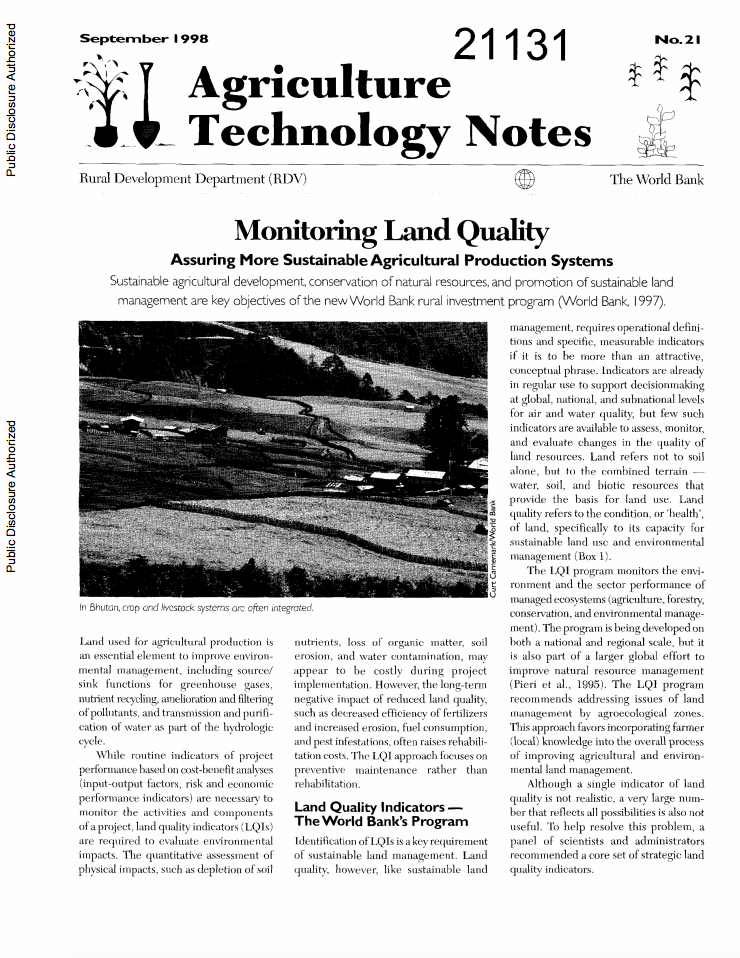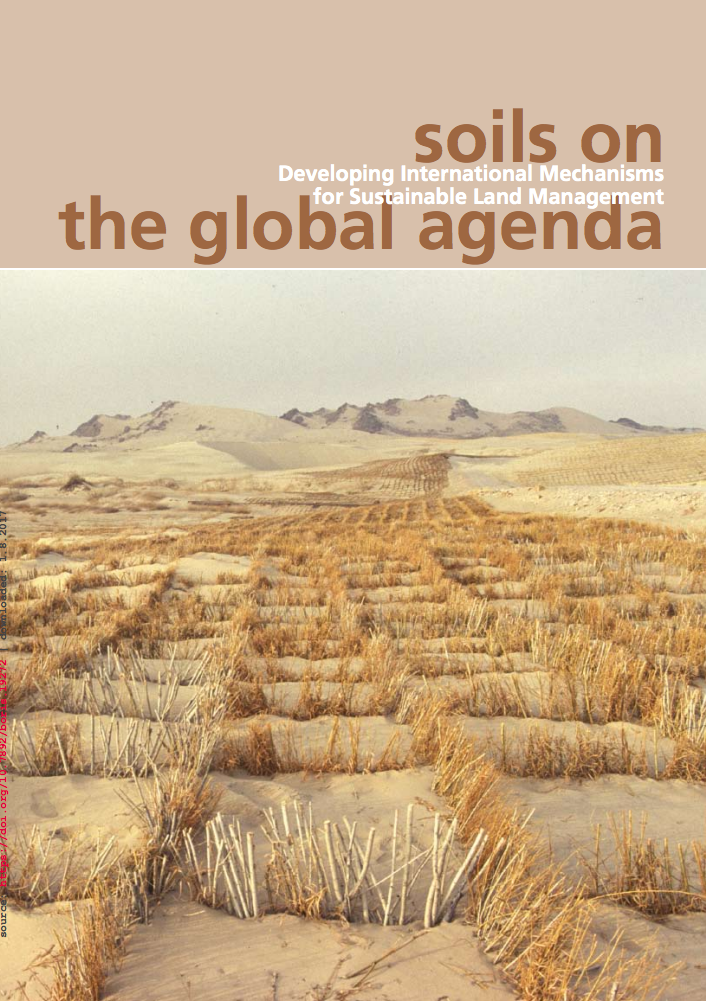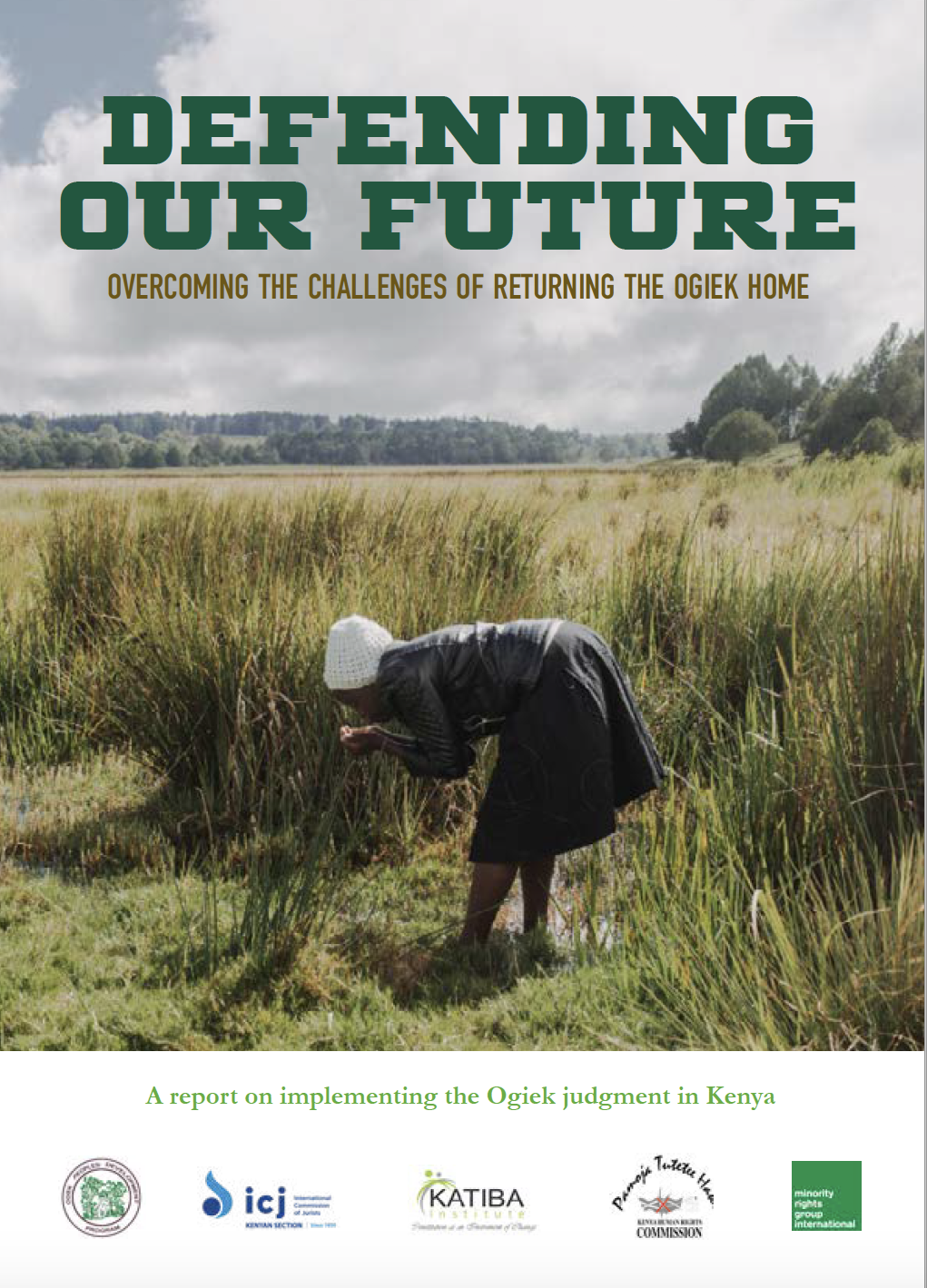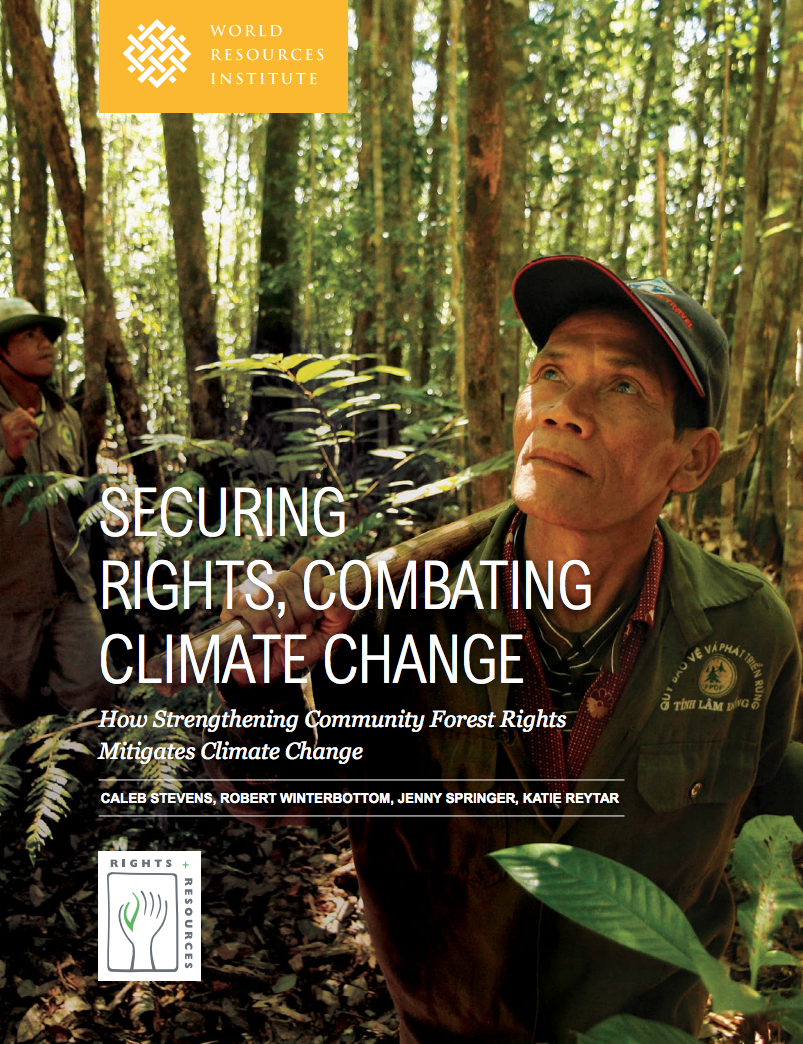Handling Land: Innovative tools for land governance and secure tenure
Everyone has a relationship to land. It is an asset that, with its associated resources, allows its owner access to loans, to build their houses and to set up small businesses in cities. In rural areas, land is essential for livelihoods, subsistence and food security. However, land is a scarce resource governed by a wide range of rights and responsibilities. And not everyone’s right to land is secure. Mounting pressure and competition mean that improving land governance - the rules, processes and organizations through which decisions are made about land - is more urgent than ever.

